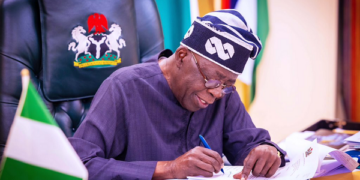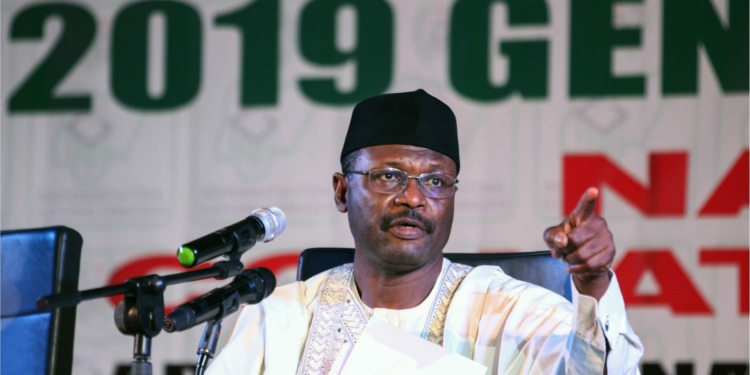The Independent National Electoral Commission’s plan to electronically transmit election results by 2023 is presently in doubt since the Federal Government has reported that just 473 of the country’s 774 local government units have Internet connectivity.
By implication, 301 local government areas lack Internet connection, which means that even if the Electoral Act is modified, sending election results in such places may be impossible in 2023.
According to the government’s National Development Plan 2021–2025, which The PUNCH obtained, 697 LGAs would have Internet connectivity by 2023, according to President Muhammadu Buhari. The elections in 2023 are likely to take place in February.
The administration set 473 as the baseline for the number of LGAs with Internet access in a table included in the development plan. As a result, the government plans to provide Internet connection to an additional 224 local government areas (LGAs) by 2023.
Experts who spoke to reporters indicated what the government must do to secure the electronic transfer of election results in the 301 LGAs when contacted.
The Alliance for Affordable Internet compiled a list of requirements that must be satisfied in order for results to be sent in the 301 LGAs.
They recommended that the federal government investigate employing satellite technology to transmit election results electronically in 2023.
They also stated that over 300 LGAs in Nigeria lacked 3G coverage, which was one of the concerns that the Nigerian Broadband Plan 2020–2025 was created to address.
The National Coordinator for Alliance for Affordable Internet, who served as the immediate past President of The Association of Telecommunications Companies of Nigeria, Olusola Teniola, told one of our correspondents that it was possible to transmit results electronically as far as the pressing issues were addressed.
He said, “This number of LGAs that have not been covered was already captured in the Nigerian Broadband Plan of 2020 to 2025 and it is fairly straightforward.
“The issue is that there isn’t any tangible 3G access in these LGA and the idea now is to focus over the next six to nine months in ensuring that at least one of our operators will be able to provide service in those areas.
“This is in addition to satellite technology, which can cover all of those areas that do not have Internet at the moment.
“That means that on the day of the election, the transmission of results can be done via satellite on a specific time, location and based on the fact that we are just using it for the elections.
“If we are looking for continuous transmission, obviously we are looking at trying to ensure that there is infrastructure to provide continuous service.
“And that is the focus of the Nigerian Broadband Plan. It is not a solution for just one specific application but for continuous applications for those who are offline, among others. So we want to block that gap through the plan.”
He encouraged the government to work with ICT professionals in trying to provide the required services in the LGAs and expressed hope that the target of electronic transmission of results would be achieved in 2023.










Discussion about this post